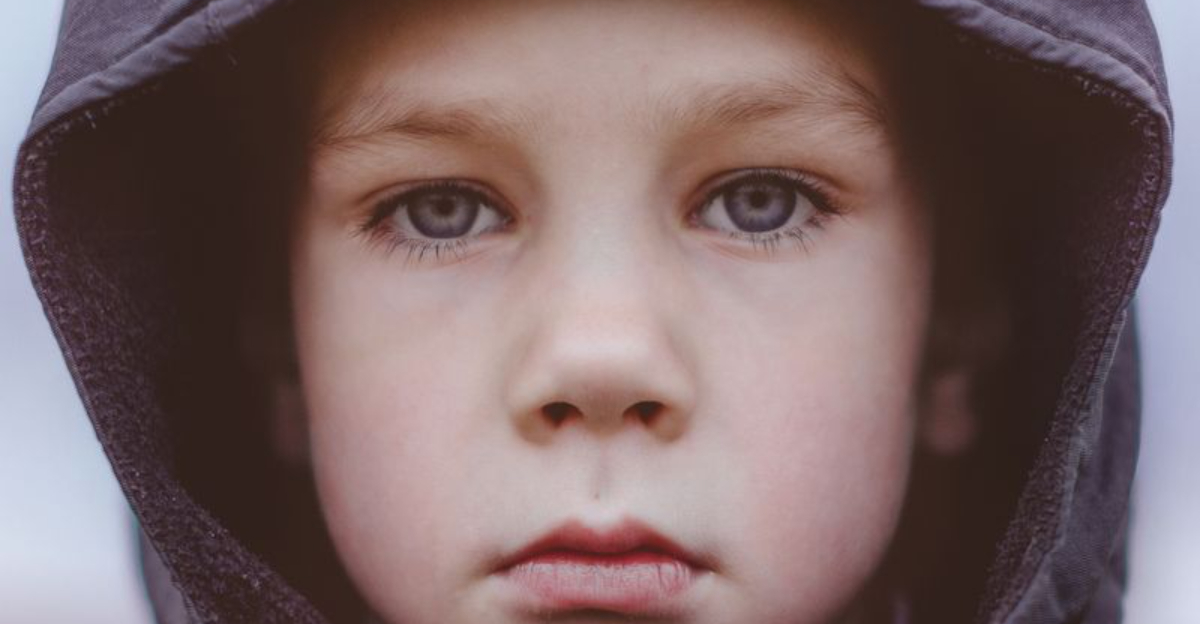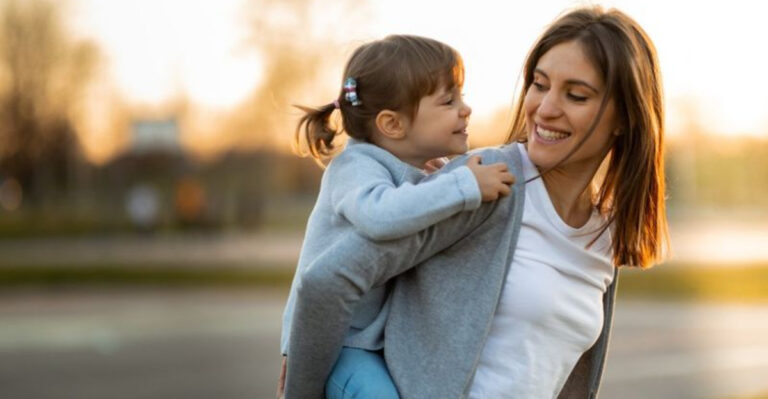20 Clear Signs Your Child Might Be Showing Sociopathic Traits
Let’s skip the polite small talk—the kind where you pretend everything’s fine after your kid just casually broke the neighbor’s window.
Nobody wants to think about sociopathy in children. But sometimes, the reality is messier than we’d like to admit. I’m not here to scare you, and I’m definitely not here to shame you. If you’re reading this, you’re already in the thick of it—wondering if that pit in your stomach is more than just parental worry.
Here’s what I wish someone would have said to me, before I was up at 2AM scrolling forums, desperate for answers. Twenty signs, plain as day, that your child might be showing sociopathic traits. Each one is its own story, its own ache, and its own invitation to look closer—without panic, but with real honesty.
1. Lack of Empathy

You ever see your kid watch someone fall and not even blink? That’s what I mean here. Some children just don’t react—their face doesn’t flinch when someone else is hurting.
It’s not the same as shyness or being overwhelmed. It’s like the feeling just doesn’t arrive. I remember my niece burning herself on the stove, and my daughter simply kept eating cereal. No hug, no glance. Just indifference.
Empathy isn’t something you can force, but its absence creates a chill in the room. When comfort never arrives, it’s hard not to notice. You end up asking: if they don’t feel for others, what do they feel at all?
2. Manipulative Behavior

Ever felt like you’re being outsmarted by a twelve-year-old? Some kids become masters at twisting situations to get what they want. They’re charming—almost too charming.
It goes beyond fibbing about homework. Think about the time you found out your child convinced their teacher it was your fault an assignment was late. Or how they played one parent against the other with a convincing grin.
Manipulation in kids isn’t always about survival. Sometimes, it’s just the game. And when you catch on, you realize: that’s not regular childhood scheming. That’s something calculated, something colder.
3. Aggression or Cruelty
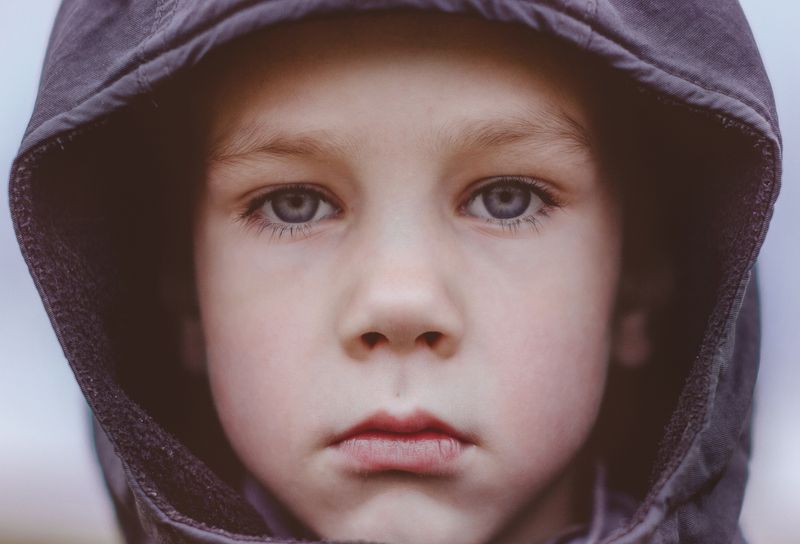
There’s anger, and then there’s cruelty. The difference? Anger explodes and fades. Cruelty lingers. Maybe you caught your son twisting the cat’s tail, no remorse in his eyes.
Or maybe he laughs after hurting his sibling—a laugh that chills you. Sometimes, it’s not physical. Words, too, can cut. “I hope you cry,” a child says to their friend, then walks away like nothing happened.
Kids can be wild. But when you see a pattern—deliberate, targeted hurt—you start to understand this isn’t normal. It’s the intent that sticks with you.
4. Disregard for Rules and Consequences
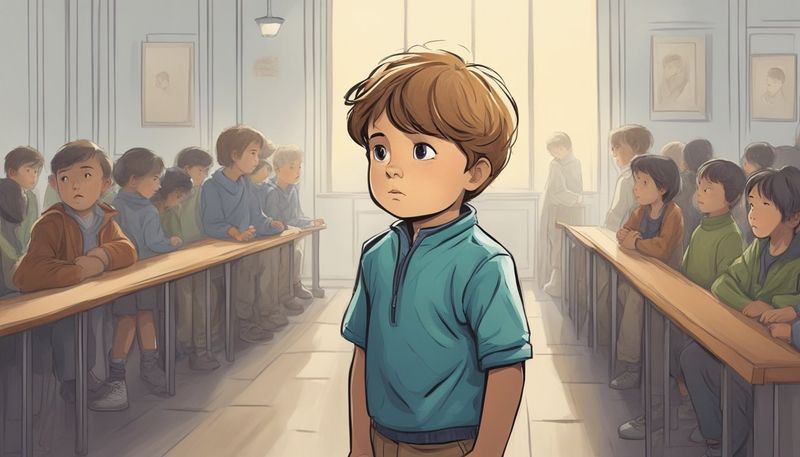
You lay down the law. You explain the rules. And your child looks straight through you, as if rules belong to some other universe.
They don’t care if you ground them, take away screens, or raise your voice. Rules and consequences bounce off. Like water on wax. I know a mom who once caught her son sneaking out, grounded him, and found him halfway down the block the next night.
It’s not forgetfulness. It’s not rebellion in the classic sense. It’s a deep-rooted shrug at authority—the kind that doesn’t just worry you, it keeps you up at night.
5. Impulsivity and Risk-Taking

Some kids have a wild streak. They chase adrenaline, sure. But then there’s the kid who climbs out the window just to see if he can land on his feet. Or the one who lights a match for the thrill.
Impulsivity isn’t just high energy—it’s a reckless disregard for safety, theirs or others’. I once watched a boy dare his friend to run across the street, giggling at the near miss. No second thought, no fear of what could have gone wrong.
When risk is the game and consequences are invisible, you start wondering—is it just curiosity, or is something darker at play?
6. Superficial Charm

There’s something magnetic about a child who knows just what to say to make adults swoon. The compliments, the perfect manners, all on display when it counts.
But watch closely: that charm rarely extends to their peers. It’s like flipping a switch—charming for the grown-ups, cold to the kids.
Superficial charm isn’t just being likable. It’s calculated, practiced, and a little unsettling when you catch the contrast. It begs the question—who’s the real kid behind the mask?
7. Difficulty Forming Lasting Relationships

Some kids bounce between friends, always starting fresh. But it’s the pattern that gets you—a trail of broken friendships, trust lost, and connections left behind.
You might hear, “No one understands me,” or, “They’re boring anyway.” It’s hard to pin down, until you notice that nobody sticks around for long. I once asked my daughter about her old friend, and she shrugged, “She got annoying.”
It’s more than shy or introverted. It’s an inability—or maybe an unwillingness—to connect. Relationships are currency, traded and discarded. It leaves everyone, even you, feeling disposable.
8. Lack of Remorse
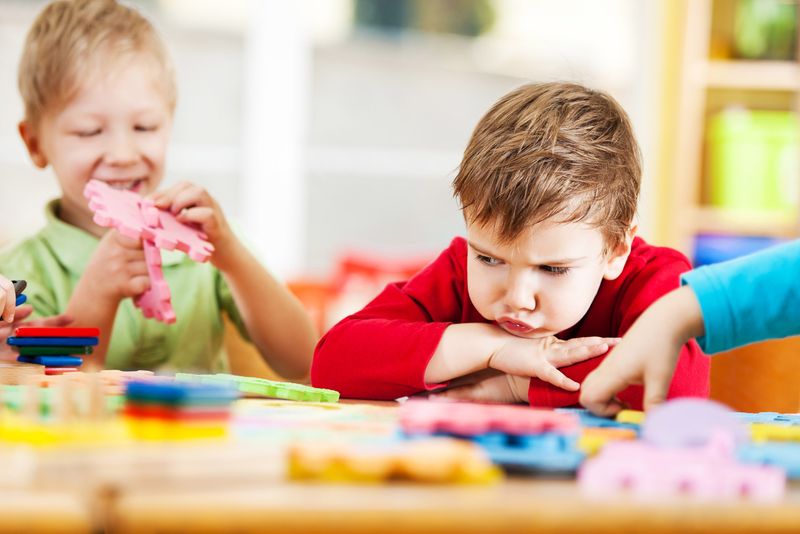
You remember the first time you heard a real apology from a child. But what if it never comes? Some kids hurt, break, or lie—and you get nothing. No guilt, no frown, just a shrug.
A friend told me about her son who stole candy, got caught, and simply asked, “Can I have more?” The moment for remorse never arrived. It’s a void—no lessons learned, no ownership.
When a child can’t, or won’t, feel sorry for the hurt they cause, it’s more than stubbornness. It’s a warning sign. Empathy and remorse walk hand in hand. If one’s missing, the other’s not far behind.
9. Chronic Dishonesty

Some lies are harmless. But then there’s the child who lies for sport—for the thrill, not the cover-up. You hear stories that don’t add up, and soon you’re looking for the truth in every word.
The lies pile up until nobody can remember what is real. When truth is flexible, trust evaporates.
This isn’t about fear of punishment. It’s dishonesty as habit, a tool for survival or control. And once you see it, it’s impossible to unsee. You question everything, and that’s exactly what the child wants.
10. Aggression Toward Others

Fights at school. Bruised arms. The teacher’s call about another incident. Sometimes the aggression looks like a storm—fast, loud, impossible to ignore.
But sometimes it’s quieter. Whispers, exclusion, the look that shuts someone down before words even start.
Aggression isn’t always about strength. Sometimes, it’s targeted, strategic, and leaves a lasting mark. When your child’s name comes up in every hurtful story, you start to wonder—what are they hiding beneath all that anger?
11. Irresponsibility
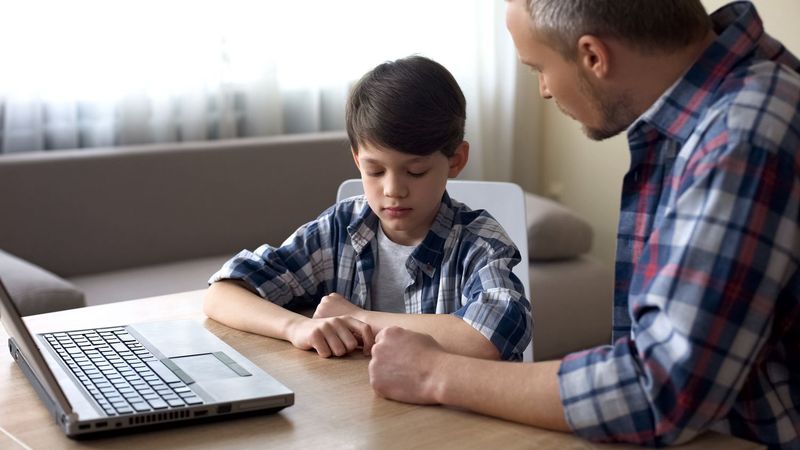
We all know kids avoid chores. But then there’s the kid who never remembers, never finishes, never tries. It’s not about ability—it’s almost a refusal to engage with responsibility.
Homework goes undone, promises forgotten, pets unfed. There’s no sense of duty, no pride in accomplishment.
Irresponsibility becomes the norm, not the exception. And you realize—it’s less about childhood forgetfulness, more about not caring if anything falls apart. That’s a different kind of empty.
12. Impulsivity

Sometimes you see it coming—the energy, the restless hands. But impulsivity in some kids is like lightning: sudden, unpredictable, and sometimes dangerous.
They act before thinking. Touch the hot pan, say the unforgivable thing, run when they should wait. My nephew once jumped into a pool fully dressed, just to see if anyone would stop him.
It’s not just restlessness. It’s a pattern of action without thought, over and over. Impulsivity wears you down, and it can put everyone at risk. There’s rarely a pause, never a lesson learned from the last time.
13. Superficial Charm (Peer Version)

You know the kid who can light up a room, only to leave as soon as the fun’s over? That’s the trick with some children—they’re social chameleons, adapting on cue, but leaving no real connection behind.
Their laughter feels a bit too bright, their jokes a little too rehearsed. It’s performance, not friendship.
Superficial charm with peers is a mask. Underneath, there’s distance and calculation. You start to notice: everyone’s an audience, but nobody’s a friend.
14. Difficulty Maintaining Friendships

Friends come and go, sure. But when a child burns through friendships like matches, there’s often a reason. Maybe it’s selfishness, maybe manipulation—but the bottom line is, nobody sticks.
You see apologies that mean nothing, promises broken before the day is out.
Maintaining friendships requires effort, empathy, and compromise. Some children simply don’t care to learn. For them, relationships are temporary, expendable, and always on their own terms.
15. Risky Behavior
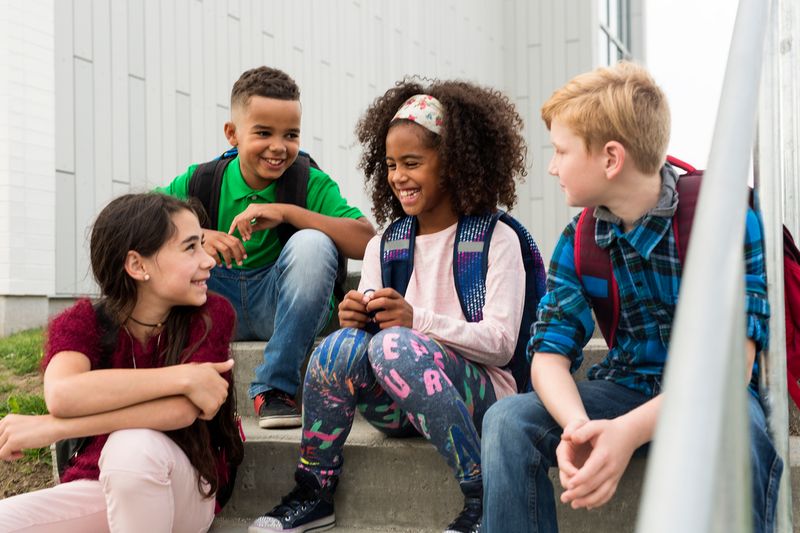
There’s boldness, and then there’s recklessness. Some kids crave the rush of testing limits so much, they’ll risk anything—just for the thrill.
Climbing rooftops, sneaking out at night, taking dares that make your heart stop. The risk isn’t a deterrent, it is the goal.
Risky behavior isn’t curiosity gone rogue. It’s an itch for danger, a disregard for what could go wrong. When you realize how much they don’t care about consequences, it’s terrifying.
16. Emotional Detachment
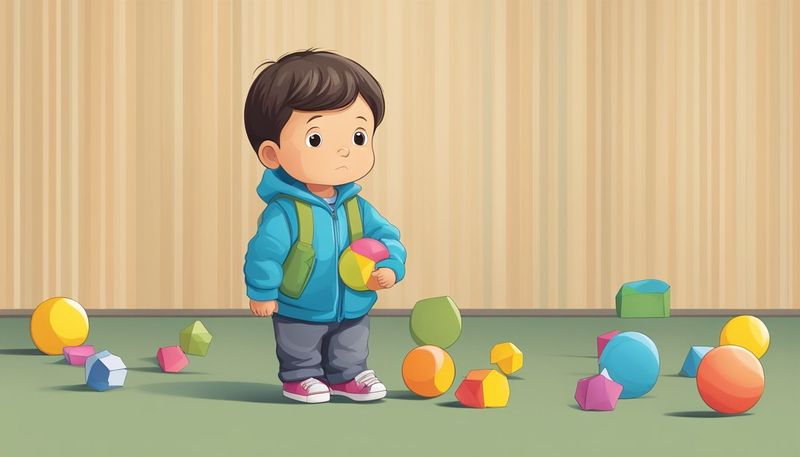
Have you ever seen a child look bored at their own birthday party? Emotional detachment is more than introversion—it’s the sense that nothing moves them, nothing excites or saddens them.
You try everything—a favorite treat, a special trip—and the response is flat, unchanged. No excitement, no disappointment.
It’s like there’s a wall between them and the world. You wonder if anything can get through. And sometimes, you fear the answer is no.
17. Superficial Emotions

Some kids seem to have all the right emotions—on cue, every time. Tears when needed, smiles when expected. But look closer and it feels off, like they’re acting out a script.
You know those kids who would cry crocodile tears when caught, then instantly snap to a grin when left alone. The switch is too quick, too practiced. Emotions used as tools, not felt as truth.
This isn’t moodiness. It’s a performance, one meant to get a reaction or dodge trouble. When feelings seem rehearsed, you can’t help but wonder what’s real, if anything.
18. Inability to Process Guilt

We all want our kids to grow from mistakes. Guilt is supposed to be the teacher. But what if guilt never comes? Some children look you in the eye after doing wrong—and feel nothing.
No restlessness, no fidgeting, not even a nervous smile.
Without guilt, there’s no lesson, no change. The cycle repeats, and the weight of it falls on you. You’re left asking: if they can’t feel guilt, what can they learn?
19. Antisocial Actions
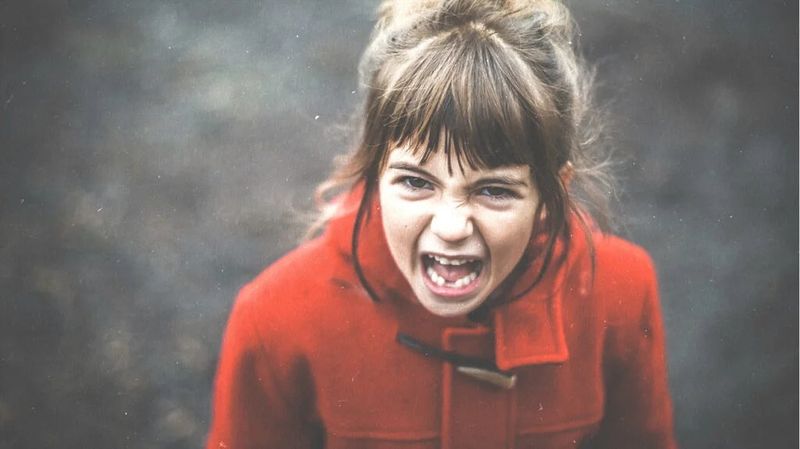
Some kids push boundaries, and others bulldoze them. Skipping class, vandalism, sneaking out—these aren’t just acts of rebellion, they’re a rejection of community itself.
The thrill is in breaking the rules, not in the act itself. There’s no guilt, no shame, just a sense of power.
Antisocial actions aren’t about fitting in or impressing friends. They’re about defiance for defiance’s sake. When community rules mean nothing, you start to worry what comes next.
20. Aggressive Behavior

Some children explode out of nowhere—a thrown chair, a punch, a scream that shakes the room. Their anger is volcanic, sudden, and often leaves everyone else in shock.
It’s those kids that lose a board game and flip the table without warning. The energy is frightening. When you live with a child like this, your own nerves stretch thin. You find yourself tiptoeing to avoid the next outburst.
Aggressive behavior isn’t just acting out. It’s a force that can dominate a home or classroom. When anger replaces every other emotion, it’s a red flag you can’t ignore.

